As we journey through life, our cells play a pivotal role in determining our health and longevity. The intricate dance of cellular processes, from replication to repair, influences how we age and how well our bodies function. In this article, we’ll explore the fascinating world of cellular health and aging, shedding light on the mechanisms that underlie these processes and their profound impact on our well-being.
The Basics of Cellular Health
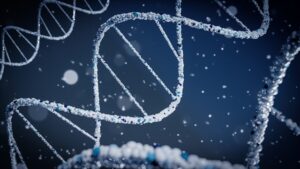 At the core of our existence are trillions of cells, each carrying out vital functions that keep us alive and thriving. Cellular health refers to the state of these microscopic units, encompassing factors such as DNA integrity, mitochondrial function, and cellular communication.NAD+ (nicotinamide adenine dinucleotide) is a coenzyme involved in various cellular processes, including energy metabolism and DNA repair. Research suggests that NAD+ levels decline with age, contributing to cellular dysfunction and age-related conditions.
At the core of our existence are trillions of cells, each carrying out vital functions that keep us alive and thriving. Cellular health refers to the state of these microscopic units, encompassing factors such as DNA integrity, mitochondrial function, and cellular communication.NAD+ (nicotinamide adenine dinucleotide) is a coenzyme involved in various cellular processes, including energy metabolism and DNA repair. Research suggests that NAD+ levels decline with age, contributing to cellular dysfunction and age-related conditions.
Understanding Cellular Aging
As we age, our cells undergo a series of changes that collectively contribute to the aging process. One of the primary mechanisms involved is telomere shortening. Telomeres are protective caps at the ends of chromosomes that safeguard our genetic material during cell division. Over time, with each cell division, telomeres gradually shorten, leading to cellular senescence, the state where cells cease to divide and become less functional. Additionally, cellular aging is influenced by factors such as oxidative stress, inflammation, and mitochondrial dysfunction. Oxidative stress occurs when there is an imbalance between free radicals and antioxidants in the body, leading to cellular damage. Chronic inflammation, often associated with age-related conditions, can accelerate cellular aging and contribute to various health issues. Mitochondrial dysfunction, which affects energy production within cells, can also impact cellular health and overall vitality.
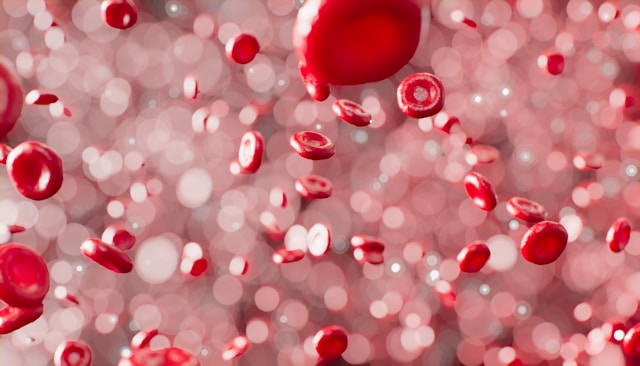
Impact on Overall Health and Longevity
The state of our cellular health directly impacts our overall health and longevity. Healthy cells contribute to a robust immune system, efficient metabolism, and effective tissue repair. Conversely, cellular dysfunction and aging are linked to a range of age-related diseases, including cardiovascular disease, neurodegenerative disorders, and certain types of cancer. Maintaining optimal cellular health is, therefore, crucial for promoting longevity and enhancing quality of life as we age. Strategies that support cellular health include:
- Nutrition: Consuming a balanced diet rich in antioxidants, vitamins, and minerals can help combat oxidative stress and support cellular function.
- Physical Activity: Regular exercise has been shown to promote cellular health by enhancing mitochondrial function, reducing inflammation, and improving overall metabolic health.
- Stress Management: Chronic stress can negatively impact cellular health. Practicing stress-reducing techniques such as meditation, mindfulness, and relaxation exercises can have a positive impact on cellular function.
- Sleep Quality: Adequate sleep is essential for cellular repair and regeneration. Prioritizing quality sleep can support overall cellular health and contribute to longevity.
- Lifestyle Factors: Avoiding tobacco use, limiting alcohol consumption, and maintaining a healthy weight are additional factors that can support cellular health and longevity.
In Conclusion
Cellular health and aging are intricately linked processes that impact our overall health and longevity. By nurturing our cells through healthy lifestyle choices and staying informed about advances in cellular biology, we can empower ourselves to age gracefully and enjoy vibrant health well into the future.…

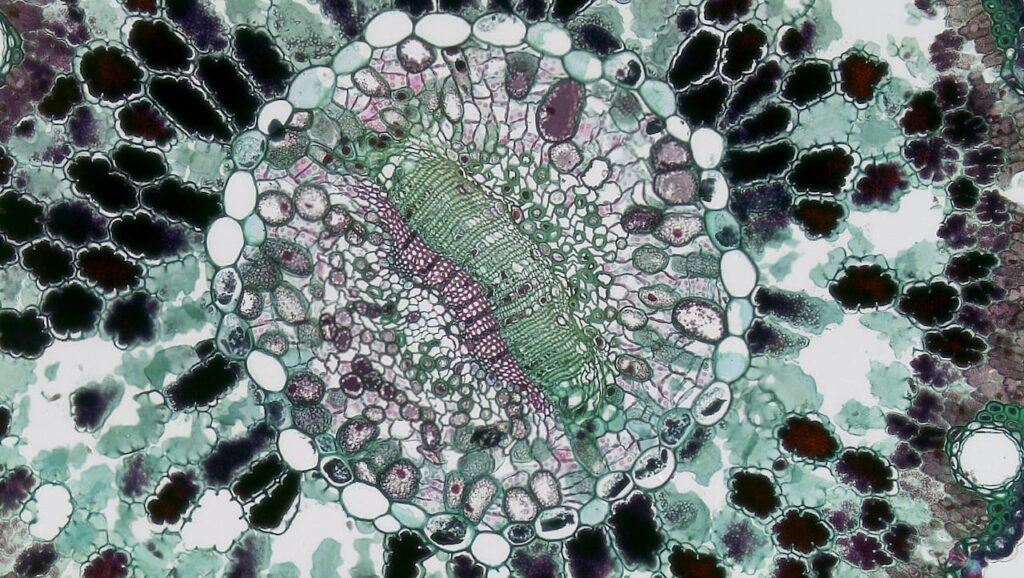

 Your dentist understands that fear often stems from the unknown, so they make it a priority to keep you informed every step of the way. From explaining procedures in simple terms to discussing any concerns or questions you may have, clear communication helps build trust and alleviate anxiety. By taking the time to educate patients about their oral health and treatment options, dentists empower individuals to feel more in control of their dental care.
Your dentist understands that fear often stems from the unknown, so they make it a priority to keep you informed every step of the way. From explaining procedures in simple terms to discussing any concerns or questions you may have, clear communication helps build trust and alleviate anxiety. By taking the time to educate patients about their oral health and treatment options, dentists empower individuals to feel more in control of their dental care. But still, if those three won’t do the job due to your intense fear, sedation options can offer a huge sense of relief and comfort during their dental visits. Sedation dentistry basically involves using medication to help patients relax and feel at ease while receiving necessary treatments. There are different levels of sedation available depending on the individual’s needs and preferences.
But still, if those three won’t do the job due to your intense fear, sedation options can offer a huge sense of relief and comfort during their dental visits. Sedation dentistry basically involves using medication to help patients relax and feel at ease while receiving necessary treatments. There are different levels of sedation available depending on the individual’s needs and preferences.
 When it comes to anti-aging supplements, not all brands are created equal. With the market flooded with countless options, it’s crucial to do your due diligence and research reputable brands before making a purchase. But how do you determine which brands can be trusted? Start by looking for companies that have established a solid reputation in the industry. Seek out reviews and testimonials from other consumers who have tried their products. It’s also wise to check if the brand has been independently tested or certified by reputable third-party organizations. If you are new to taking anti-aging supplements, you should take the time to research the best nmn supplement.
When it comes to anti-aging supplements, not all brands are created equal. With the market flooded with countless options, it’s crucial to do your due diligence and research reputable brands before making a purchase. But how do you determine which brands can be trusted? Start by looking for companies that have established a solid reputation in the industry. Seek out reviews and testimonials from other consumers who have tried their products. It’s also wise to check if the brand has been independently tested or certified by reputable third-party organizations. If you are new to taking anti-aging supplements, you should take the time to research the best nmn supplement. When it comes to taking any supplement, it’s important to be aware of potential adverse reactions. Even though anti-aging supplements are generally considered safe for most people, everyone is different and may react differently to certain ingredients. Therefore, monitoring for any negative effects is crucial. First and foremost, always start with a low dosage when trying out a new anti-aging supplement.
When it comes to taking any supplement, it’s important to be aware of potential adverse reactions. Even though anti-aging supplements are generally considered safe for most people, everyone is different and may react differently to certain ingredients. Therefore, monitoring for any negative effects is crucial. First and foremost, always start with a low dosage when trying out a new anti-aging supplement.

 When it comes to weight loss, many people dream of a magic pill that can melt away fat from specific areas of their body. Unfortunately, the reality is that fat burner pills cannot selectively target and reduce fat in specific areas. Our bodies do not work like magic wands where we can point at an area and expect the fat to vanish. Fat reduction occurs all over the body, not just in one specific spot. So even if you take fat burner pills claiming to target belly fat or love handles, they won’t magically make those problem areas disappear.
When it comes to weight loss, many people dream of a magic pill that can melt away fat from specific areas of their body. Unfortunately, the reality is that fat burner pills cannot selectively target and reduce fat in specific areas. Our bodies do not work like magic wands where we can point at an area and expect the fat to vanish. Fat reduction occurs all over the body, not just in one specific spot. So even if you take fat burner pills claiming to target belly fat or love handles, they won’t magically make those problem areas disappear.



 The ability to maintain digestive health and metabolism is the reason why spicy foods are a real game-changer. How so? Well, let’s start with digestion. Spicy foods have been shown to stimulate the production of saliva, gastric juices, and enzymes that aid in breaking down food more efficiently. This means your body can digest meals more effectively, reducing the chances of bloating or indigestion.
The ability to maintain digestive health and metabolism is the reason why spicy foods are a real game-changer. How so? Well, let’s start with digestion. Spicy foods have been shown to stimulate the production of saliva, gastric juices, and enzymes that aid in breaking down food more efficiently. This means your body can digest meals more effectively, reducing the chances of bloating or indigestion. Chilis, in particular, contain a compound called capsaicin, known for its natural pain-relieving properties. This compound has been found to reduce inflammation and provide temporary relief from joint pain when applied topically or consumed orally. Moreover, capsaicin stimulates the release of endorphins in our bodies – those feel-good chemicals that help us experience pleasure and reduce pain perception.
Chilis, in particular, contain a compound called capsaicin, known for its natural pain-relieving properties. This compound has been found to reduce inflammation and provide temporary relief from joint pain when applied topically or consumed orally. Moreover, capsaicin stimulates the release of endorphins in our bodies – those feel-good chemicals that help us experience pleasure and reduce pain perception.

 Several studies have shown that fasting can help reduce your risk of developing cancer. One study showed that fasting helped to protect against the development of breast cancer, while another showed that it helped to reduce the growth of tumors. There are plenty of other benefits of fasting that we didn’t mention here. Suppose you’re looking to improve your health; skipping a meal every now and then may be a good idea. And if you’re looking for an appetite suppressant to help with your fasting goals, be sure to check out our website.…
Several studies have shown that fasting can help reduce your risk of developing cancer. One study showed that fasting helped to protect against the development of breast cancer, while another showed that it helped to reduce the growth of tumors. There are plenty of other benefits of fasting that we didn’t mention here. Suppose you’re looking to improve your health; skipping a meal every now and then may be a good idea. And if you’re looking for an appetite suppressant to help with your fasting goals, be sure to check out our website.…
 Fat burners are designed to help you lose weight. They work by increasing your metabolism, which helps you burn more calories throughout the day. Fat burners also suppress your appetite, so you eat less and lose weight. Some fat burners also contain ingredients that help block the absorption of fat, so you absorb fewer calories from your diet. There are many different types of fat burners available on the market. Some contain only natural ingredients, while others contain synthetic chemicals.
Fat burners are designed to help you lose weight. They work by increasing your metabolism, which helps you burn more calories throughout the day. Fat burners also suppress your appetite, so you eat less and lose weight. Some fat burners also contain ingredients that help block the absorption of fat, so you absorb fewer calories from your diet. There are many different types of fat burners available on the market. Some contain only natural ingredients, while others contain synthetic chemicals.






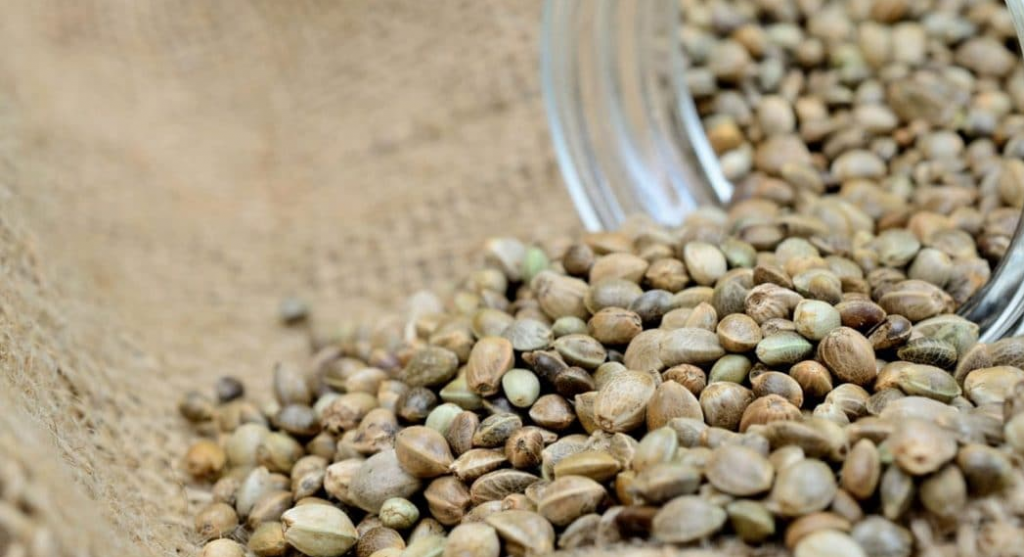






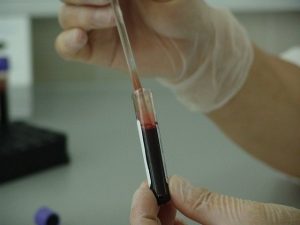 The results can help people understand the disease better and be useful in deciding on treatment. Diagnosis of a particular illness or condition, a positive result will help doctors determine the right treatment and management plan. If you find a gene that could cause genetic disorder in your baby, and the test is positive, you can check with your doctor whether the child is at real risk of developing the disease.
The results can help people understand the disease better and be useful in deciding on treatment. Diagnosis of a particular illness or condition, a positive result will help doctors determine the right treatment and management plan. If you find a gene that could cause genetic disorder in your baby, and the test is positive, you can check with your doctor whether the child is at real risk of developing the disease.
 An ACLS certification will prove that you are
An ACLS certification will prove that you are When working at heights, you should take all possible precautions and maintain focus at all times to avoid any accident. If you have employees working at heights for you, you should still invest in their protection as stipulated in this working at heights training course. Below are some helpful safety tips for working at heights, which you should consider implementing.
When working at heights, you should take all possible precautions and maintain focus at all times to avoid any accident. If you have employees working at heights for you, you should still invest in their protection as stipulated in this working at heights training course. Below are some helpful safety tips for working at heights, which you should consider implementing.
 prevent joint problems. People who are overweight or obese are likely to experience problems with the joints. The logic behind this is the fact that increased weight put pressure on the joints.
prevent joint problems. People who are overweight or obese are likely to experience problems with the joints. The logic behind this is the fact that increased weight put pressure on the joints. Sticking to a good diet is also very important. The kind of food that you eat can affect your health. it is advisable to eat foods that will enhance the health of your joints. One of the best foods for your joints is bone broth. It is also advisable to eat foods that are high in calcium and vitamins. A good diet will keep your joints healthy and strong.
Sticking to a good diet is also very important. The kind of food that you eat can affect your health. it is advisable to eat foods that will enhance the health of your joints. One of the best foods for your joints is bone broth. It is also advisable to eat foods that are high in calcium and vitamins. A good diet will keep your joints healthy and strong.
 One of the leading causes of joint problems is having extra body weight. That is more of the case for hip, ankle, and knees joints. The more you weigh, the more pressure your joints will have to endure. To ensure that your joints do not experience too much stress, you should ensure that you maintain healthy body weight at all times. If you are already overweight, you have to use any of the effective and safe weight loss methods to lose extra body weight. The more weight you lose, the more relief you will experience regarding the pain, stiffness, and function of your joints.
One of the leading causes of joint problems is having extra body weight. That is more of the case for hip, ankle, and knees joints. The more you weigh, the more pressure your joints will have to endure. To ensure that your joints do not experience too much stress, you should ensure that you maintain healthy body weight at all times. If you are already overweight, you have to use any of the effective and safe weight loss methods to lose extra body weight. The more weight you lose, the more relief you will experience regarding the pain, stiffness, and function of your joints.


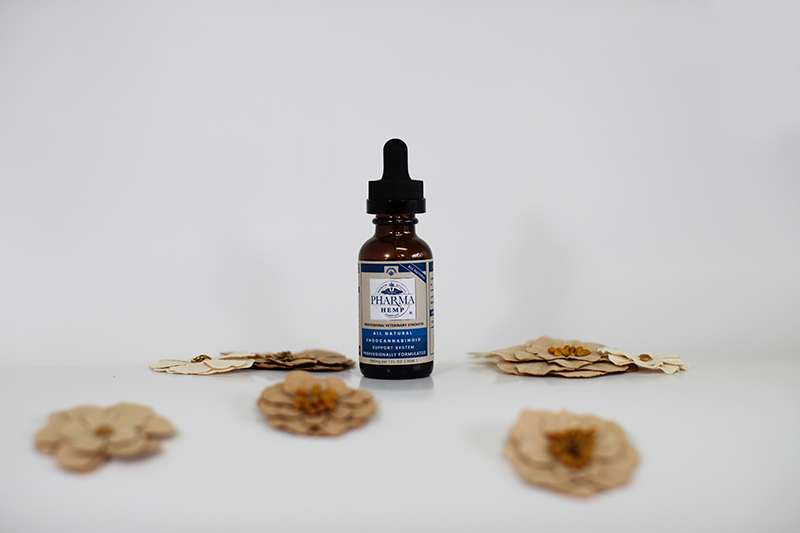

 Yoga
Yoga



 from reaching your baby. It has a well-designed carrier which forms a canopy that offers the perfect cover to reduce the chances of dangerous rays reaching your baby. Some can be adjusted to a level you find suitable for your baby. Keeping them from dangerous UV rays is essential for their healthy growth.
from reaching your baby. It has a well-designed carrier which forms a canopy that offers the perfect cover to reduce the chances of dangerous rays reaching your baby. Some can be adjusted to a level you find suitable for your baby. Keeping them from dangerous UV rays is essential for their healthy growth. when you carry them in strollers compared to other means. Strollers have all the safety features to ensure your young one is comfortably belted and cannot come out of it. The chances of falling off and experiencing any injuries will be minimal as a result.…
when you carry them in strollers compared to other means. Strollers have all the safety features to ensure your young one is comfortably belted and cannot come out of it. The chances of falling off and experiencing any injuries will be minimal as a result.…
 Get Help from a Physician
Get Help from a Physician


 Do Not Let Go of Your Gym Membership
Do Not Let Go of Your Gym Membership

 One of the benefits of exercising is to be healthy. When you have a fit body, the chance is you are going to have a better body immune. Therefore you will not quickly become sick. By exercising regularly, you may also improve your body stat such as decreasing or increasing your blood pressure and lowering your blood sugar. With a better body stat, your body organs will be able to work more efficiently. These things will surely benefit you in the long run. We bet you want to spend your old age with a healthy body.
One of the benefits of exercising is to be healthy. When you have a fit body, the chance is you are going to have a better body immune. Therefore you will not quickly become sick. By exercising regularly, you may also improve your body stat such as decreasing or increasing your blood pressure and lowering your blood sugar. With a better body stat, your body organs will be able to work more efficiently. These things will surely benefit you in the long run. We bet you want to spend your old age with a healthy body. When you are exercising regularly, certain hormones are released in your body thus making you feel more excited and enthusiastic. When you are feeling that way, it will be easier for you to be more productive daily. Rather than spending time procrastinating online, why not hit the gym or jog around the park. Regular exercise will increase your stamina thus making you stronger to conquer your other daily routines without feeling weak or getting sick.
When you are exercising regularly, certain hormones are released in your body thus making you feel more excited and enthusiastic. When you are feeling that way, it will be easier for you to be more productive daily. Rather than spending time procrastinating online, why not hit the gym or jog around the park. Regular exercise will increase your stamina thus making you stronger to conquer your other daily routines without feeling weak or getting sick.
 Eat Right
Eat Right Have a Plan
Have a Plan
 around and will guide you on picking the best. They will also examine your state and guide you in choosing the right type. You also need to consider the ingredients found in a specific supplement when making a purchase. Here is why you should be keen on them.
around and will guide you on picking the best. They will also examine your state and guide you in choosing the right type. You also need to consider the ingredients found in a specific supplement when making a purchase. Here is why you should be keen on them. quality and will guarantee you the best results after use. You should be keen on them to get something that is of the right standard.…
quality and will guarantee you the best results after use. You should be keen on them to get something that is of the right standard.…

 …
… As aforementioned, bad sleeping habits can cause back pains. In addition to bad habits, a bad mattress can also cause back pains due to the crushing of the discs. When you want to remedy your condition, ensure the mattress is also changed. The best way to restore normalcy by sleeping is through putting your pillow between your legs. When a pillow is placed between the knees, you will be reducing back muscle tensions and the knees.
As aforementioned, bad sleeping habits can cause back pains. In addition to bad habits, a bad mattress can also cause back pains due to the crushing of the discs. When you want to remedy your condition, ensure the mattress is also changed. The best way to restore normalcy by sleeping is through putting your pillow between your legs. When a pillow is placed between the knees, you will be reducing back muscle tensions and the knees. Acne is a prevalent skin disease that most of us have encountered severally. Acne can catch both the young and old. Acne is also referred to as pimples, whiteheads, cysts, blackheads, and pustules. Acne is most experienced on the face, neck and occasionally other parts of the body. You can heal acne at home or seek help from a dermatologist near you.
Acne is a prevalent skin disease that most of us have encountered severally. Acne can catch both the young and old. Acne is also referred to as pimples, whiteheads, cysts, blackheads, and pustules. Acne is most experienced on the face, neck and occasionally other parts of the body. You can heal acne at home or seek help from a dermatologist near you. There are a number of autoimmune disorders that can attack your skin. Some of these autoimmune disorders include inflammatory bowel diseases, scleroderma, and psoriasis. Autoimmune disorders affect any part of the skin. When you suffer any type of skin disorder, it is good to see a dermatologist because they are the only ones who can treat these skin conditions efficiently. A primary physician can only help to reduce the symptoms but you need special attention when you develop autoimmune disorders.
There are a number of autoimmune disorders that can attack your skin. Some of these autoimmune disorders include inflammatory bowel diseases, scleroderma, and psoriasis. Autoimmune disorders affect any part of the skin. When you suffer any type of skin disorder, it is good to see a dermatologist because they are the only ones who can treat these skin conditions efficiently. A primary physician can only help to reduce the symptoms but you need special attention when you develop autoimmune disorders.